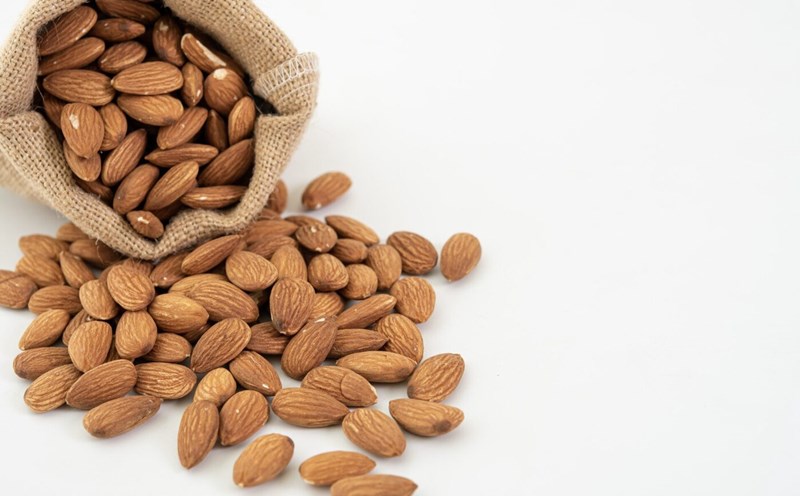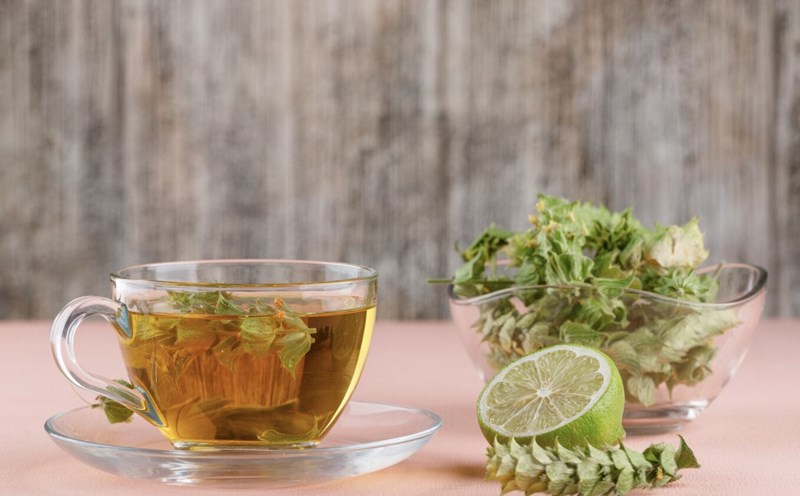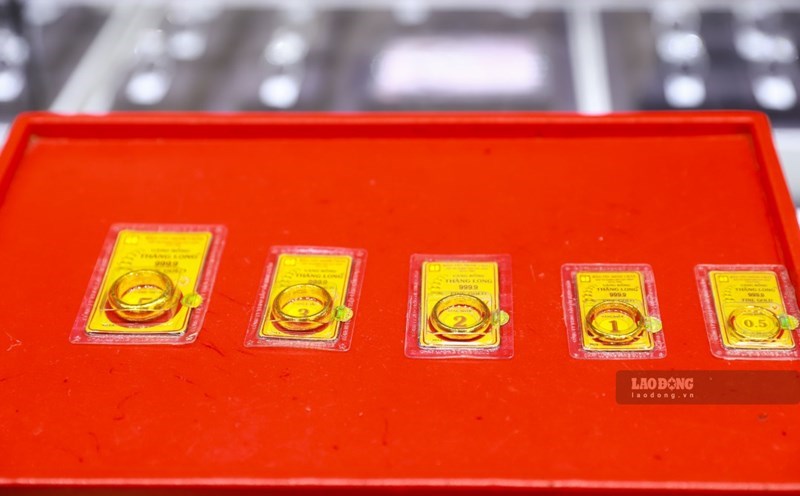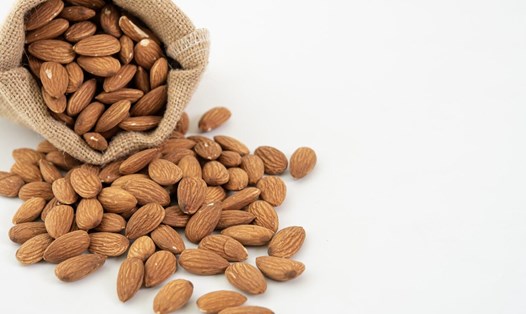Drink enough water
Drinking enough water is a simple and effective way to help regulate digestion. A 2016 study found that warm water can help with better digestion, but more research is needed to confirm it.
You should supplement foods with a high water content such as watermelon, tomatoes, lettuce, celery... These foods help provide water and support natural colon cleansing through diet.
Eat plenty of fiber
Fiber is an essential nutrient that helps maintain a healthy digestive system, found in fruits, vegetables, whole grains, nuts and beans.
Fiber helps increase the amount of waste in the intestines, regulate constipation and improve gut microbiota.
Drink juice and smoothies
Fruit and vegetable juice is considered a natural "cleaning" method. However, there are not many studies that confirm this benefit for the colon. Drinking juices in moderation is still good for digestion because they provide soluble fiber, vitamins and water, helping the intestinal walls work smoothly. Smoothies are considered better than juices, because they retain more fiber - which is very beneficial for the intestines.
Eat plenty of resistant starch
Resistant starch acts similar to fiber, helping to nourish beneficial microorganisms in the intestines. Natural sources of resistant starch include potatoes, cold rice, lentils, rice, green bananas, whole grains. They help improve colon health, improve gut microbiota and promote more efficient digestion.
Supplementing probiotics
Probiotics help balance the intestinal microflora, improve digestion and reduce inflammation. You can supplement with naturally fermented foods such as yogurt, kimchi, pickled melon or take probiotics. Probiotics help the intestines become healthier when combined with resistant fiber and starch.
Drinking herbal tea
Herbal tea is a gentle choice that aids digestion. In addition, herbs such as ginger, garlic, cayenne pepper contain natural antibacterial active ingredients, which help reduce harmful bacteria in the intestines.











